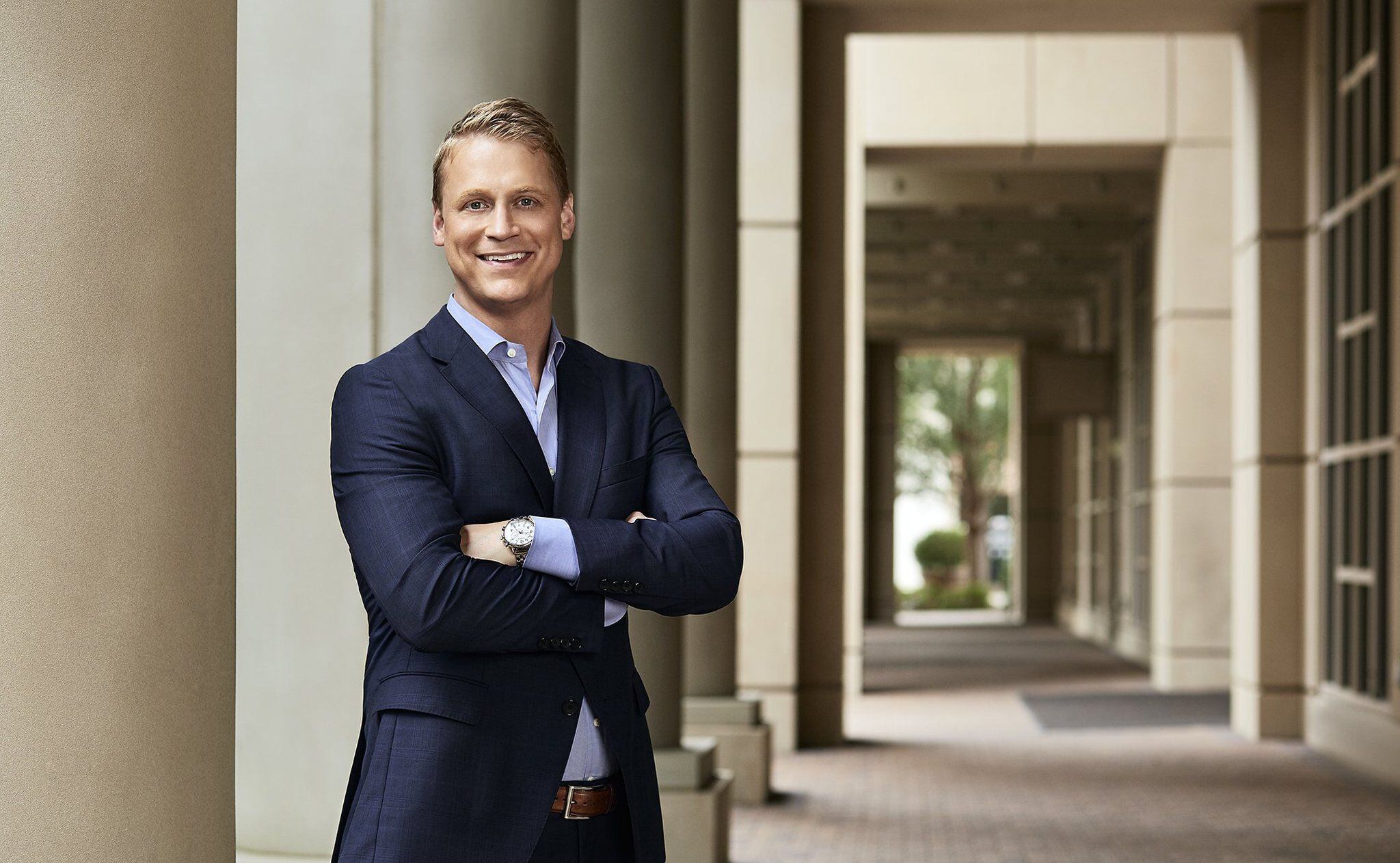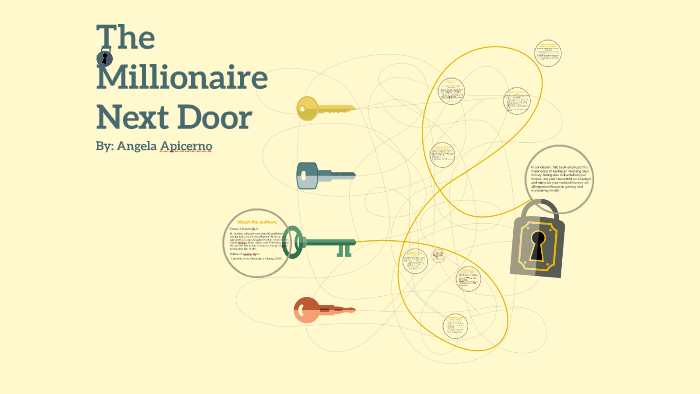

Being frugal is the cornerstone of wealth-building. We define wasteful as a lifestyle marked by lavish spending and overconsumption. Webster’s defines frugal as “behavior characterized by or reflecting economy in the use of resources.” The opposite of frugal is wasteful. If not, they will end up consuming a lot and lose wealth. To continue to remain wealthy, you future generations should also adopt these habits. They do not believe that one must be born wealthy. They do not spend time worrying about whether or not their parents were wealthy. Most people who become millionaires have confidence in their own abilities. And they tend to de-emphasize many of the key factors that underlie wealth building. UAWs tend to live above their means they emphasize consumption. UAWs, have a higher propensity to spend than do the members of the PAW group.
UAW, or under accumulator of wealth: Net worth < ½ x expected net worth for income/age. PAW, or prodigious accumulator of wealth : Net worth > 2 x expected net worth for income/age. This, less any inherited wealth, is what your net worth should be. Multiply your age times your realized pretax annual household income from all sources except inheritances. So higher-income people who are older should have accumulated more wealth than lower income producers who are younger. A person’s income and age are strong determinants of how much that person should be worth. Net worth is defined as the current value of one’s assets less liabilities (exclude the principle in trust accounts). They define wealthy as owning substantial amounts of appreciable assets than from displaying a high-consumption lifestyle. They encourage their kids to go into professions that pay well. They share their wealth with their daughters also. They buy and hold and do not trade a lot. They are well educated, spend good amounts of money for their children’s education and work hard(50 hours a week). They usually own their home and did not receive an inheritance. Most of them work in dull-normal business. Many of them are self-employed( entrepreneurs or self-employed professionals). They live in middle-class neighbourhoods. Their wives are conservative with money and budget and plan well. They have married once and remain married. They usually do not lease their motor vehicles.They live well below their means. Millionaires do not own expensive suits, watches, cars or other status artifacts. Where are the millionaires who look like millionaires? These people cannot be millionaires! They don’t look like millionaires, they don’t dress like millionaires, they don’t eat like millionaires, they don’t act like millionaires-they don’tĮven have millionaire names. They are proficient in targeting market opportunities. Their adult children are economically self-sufficient.Ħ. Their parents did not provide economic outpatient care.ĥ. They believe that financial independence is more important than displaying high social status.Ĥ. 
They allocate their time, energy, and money efficiently, in ways conducive to building wealth.ģ. There are seven common denominators among those who build wealth:Ģ. Wealth is usually due to hard work, perseverance, planning, and self-discipline. Wealth is rarely due to luck, inheritance, advanced degrees or intelligence. Wealth is what you accumulate, not what you spend.

If you make a good income each year and spend it all, you are not getting wealthier. This post contains my personal notes from the book The Millionaire Next Door by Thomas Stanley and William Danko







 0 kommentar(er)
0 kommentar(er)
